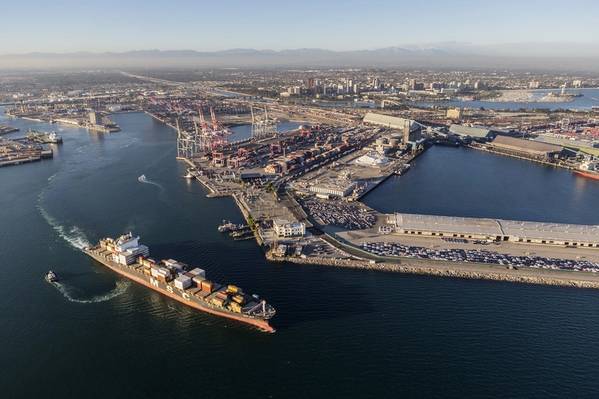
The U.S. Federal Maritime Commission (FMC) said it is accepting applications from qualified members of the international trade community wishing to serve on its newly formed National Shipper Advisory Committee (NSAC).
The federal advisory committee will provide information, insight and expertise pertaining to conditions in the ocean freight delivery system to the Commission. Specifically, the committee will meet at least once a year and will advise the Commission on policies relating to the competitiveness, reliability, integrity, and fairness of the international ocean freight delivery system.
The NSAC will be comprised of 24 members, evenly divided between those who export cargo from and those who import cargo to the U.S. Persons who are interested in serving on the NSAC have until June 30, 2021 to submit the documents necessary to be considered. Application requirements are outlined in a notice issued by the Commission today which will also be published in the Federal Register.
Committee members will serve up to three years depending on the time of their appointment. Service on the NSAC is voluntary and not compensated. Travel costs will be borne by individual committee members.



